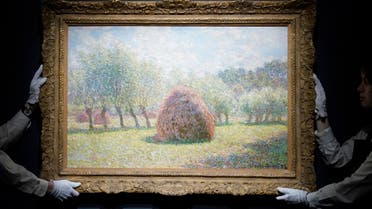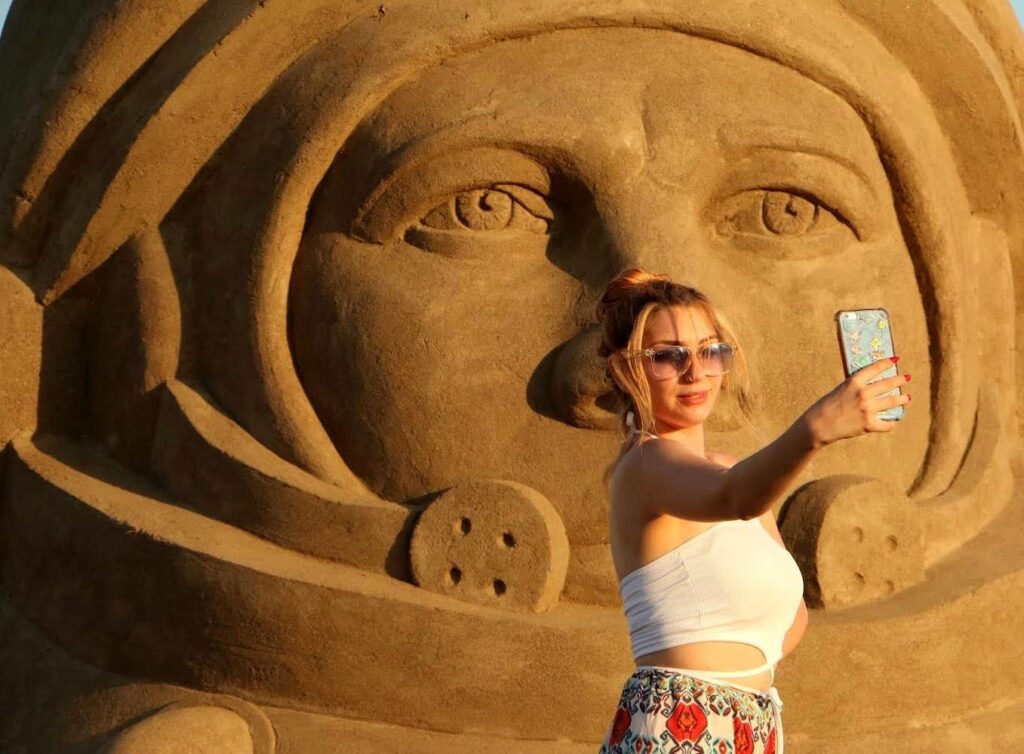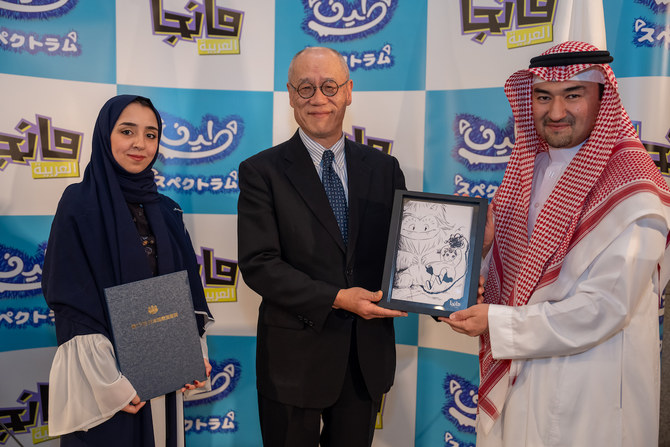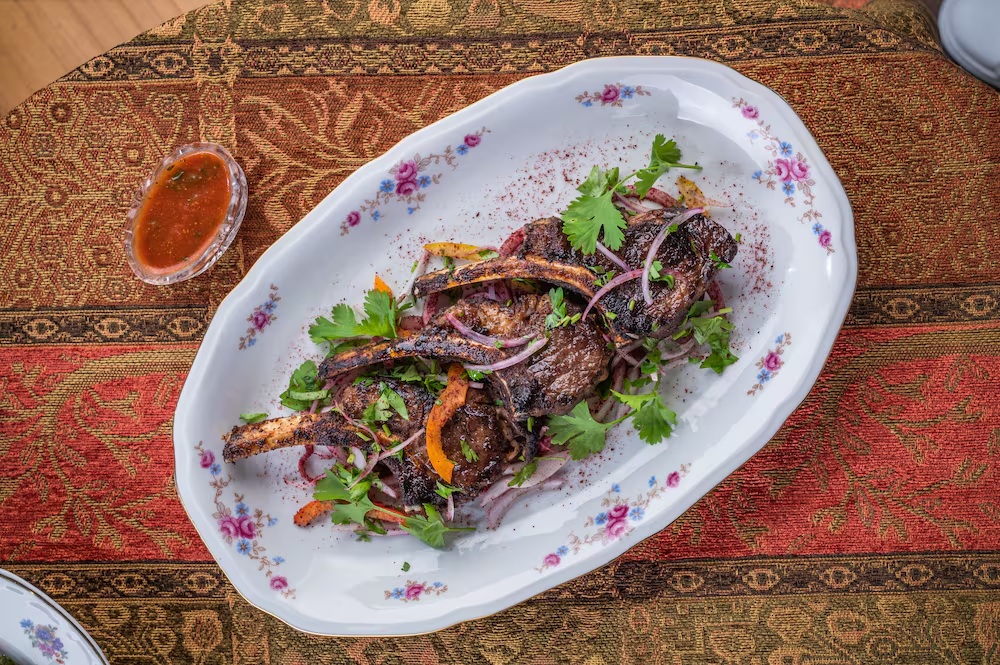
F.P. Report
PESHAWAR: A night tourism event in Pakistan’s ancient northwestern city of Peshawar this week allowed tourists to explore its rich history, culture and heritage in an area otherwise affected by militant violence and extremism.
Peshawar, the capital of Pakistan’s northwestern Khyber Pakhtunkhwa (KP) province, is one of the oldest cities of the South Asian region that lies west of the River Indus. Home to various forts and traditional cuisines, Pakistan’s restive northwest has reeled from militant violence, especially since November 2022 after a fragile truce between the state and the Pakistani Taliban broke down.
To revive tourism in the ancient city, a local organization by the name of “Tour Da Pekhawar” organized the city’s first night tourism event on Saturday evening. The company, set up in 2017, says it aims to promote the city’s soft image.
The event was launched in collaboration with the Directorate of Archaeology and Museums in KP, with the Pakistan Army’s support. At least 40 individuals, including families from Peshawar and other cities in Pakistan, attended the event.
“So, it [night tourism] is [meant to] promote culture, to promote our heritage,” Saqib Raza, a spokesperson for the Directorate of Archaeology and Museums, told Arab News. Raza said the city lacked recreational spots hence the event aimed to ensure tourists felt “good vibes” while visiting some of the city’s historical spots.
The event kicked off with a visit to the Peshawar Museum, one of the oldest museums in the region established in 1907. Tourists were briefed about the city’s history, especially about the era when it was an integral part of the Gandhara Civilization.
Participants were treated to the famous Pashto folk song “Lar Sha Pekhawar Ta,” which translates into “Go to Peshawar,” as they were driven through the city in a traditional Bradford Bus adorned with the iconic Pakistani truck art.
The bus entered the city through the famous Lahori Gate and took tourists to several spots in Peshawar, including an excavation spot at Gor Khatri. They were then taken to the Goraknath Temple, which was built in 1851 and was constructed in devotion to Hindu saint Guru Gorakhnath.
The tourists then enjoyed the city’s signature aromatic kehwa or green tea before embarking on a trip to Sethi House, a 19th-century archaeological site built in 1886 by the Sethis, an influential family of businessmen who traced their origins from Central Asian countries.
The Sethi House’s architecture is inspired from Central Asian countries, especially Uzbekistan.
The tourists then visited the Cunningham Clock Tower or Ghanta Ghar area in Peshawar before they took in the sights of the famous Qissa Khawani or “storytellers bazaar.” The bazaar used to be a bustling place centuries ago, when it was a hub on the famous Silk Road where travelers and locals congregated to hear stories of far-off places.
The tourists enjoyed the sights they had taken in throughout the tour.
“I never got a chance to explore the civilization and the history of this city,” Nauman Alizai, who shifted to Peshawar from Pakistan’s southern port city of Karachi in 2014, told Arab News.
“For the first time, I saw a poster and advertisement of Tour Da Pekhawar, and then I joined it today.”
University student Emaan Khan said she wasn’t aware of Peshawar’s rich history despite living in the city since her childhood.
“I did not have enough knowledge about the history of Peshawar nor have I roamed in these places before,” Khan told Arab News. “This is the first time I am roaming in these places.”
Shahid Ali Khan, the chief executive officer of Tour Da Pekhawar, said it was his idea to start a night tourism event in the city.
“We discussed this idea before Ramadan, it is happening and now today, it is happening,” he said. “We will [be] regularly organizing this in the future, we are also starting a heritage tour of [tribal district] Khyber.”
Raza said the provincial government was aiming to attract more tourists from different regions of the country and even those from abroad.
“Our region has seen so much hard time for peace,” Raza said. “So this is a very good opportunity for the visitors to come, to join us and to see our culture, our heritage because we own it and this is what we are really.”








